Filter by
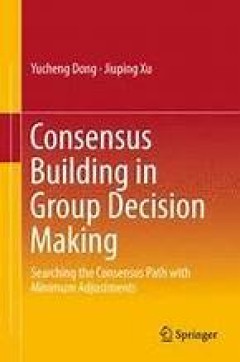
Consensus Building in Group Decision Making
This book is intended for researchers and postgraduates who are interested in the consensus reaching process in group decision-making problems. It puts forward new optimization-based decision support approaches to help decision-makers find roadmaps to consensus with minimum adjustments. Simulation experiments and comparison analysis are subsequently conducted to assess the validity of the propo…
- Edition
- 1
- ISBN/ISSN
- 978-981-287-892-2
- Collation
- Business Management
- Series Title
- -
- Call Number
- 650
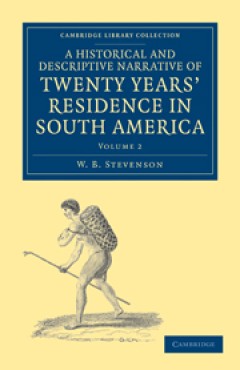
A Historical and Descriptive Narrative of Twenty Years' Residence in South Am…
In 1804 when W. B. Stevenson (fl. 1803–25) arrived on the small island of Mocha, just off the coast of South America, he stepped onto a continent on the brink of mass revolution. Over the next twenty years, he had an extraordinary range of experiences: as a traveller, a Spanish government official, a prisoner, and as secretary to an ex-Royal Navy admiral turned revolutionary. In this three-vo…
- Edition
- -
- ISBN/ISSN
- 9781139060592
- Collation
- -
- Series Title
- Cambridge Library Collection - Latin American Studies
- Call Number
- -
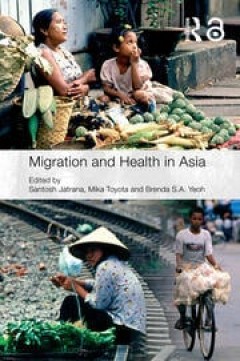
Migration and Health in Asia
The processes of migration and health are inextricably linked in complex ways, with migration impacting on the mental and physical health of individuals and communities. Health itself can be a motivation for moving or a reason for staying, and migration can have implications on the health of those who move, those who are left behind, and the communities that receive migrants. This volume bri…
- Edition
- -
- ISBN/ISSN
- -
- Collation
- -
- Series Title
- -
- Call Number
- -
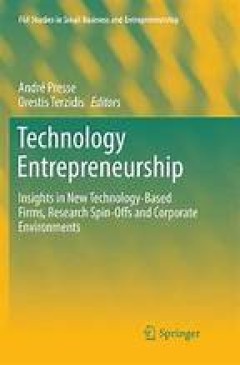
Technology Entrepreneurship
This collection of expert articles explores the development drivers of new technology-based firms and projects. It provides perspectives for an in-depth understanding of how technological inventions lead to the creation of new and sustainable companies or business units. The authors address methods and concepts that help technology-based start-ups and entrepreneurial projects successfully devel…
- Edition
- 1
- ISBN/ISSN
- 978-3-319-73509-2
- Collation
- Marketing
- Series Title
- -
- Call Number
- 658.8
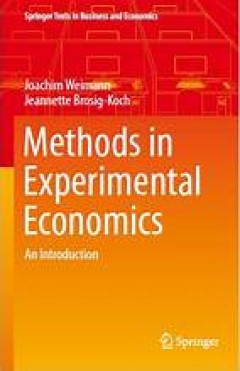
Design Science Research
Consolidating existing knowledge in Design Science, this book proposes a new research method to aid the exploration of design and problem solving within business, science and technology. It seeks to overcome a dichotomy that exists in the field between theory and practice to enable researches to find solutions to problems, rather than focusing on the explanation and exploration of the problems …
- Edition
- 1
- ISBN/ISSN
- 978-3-319-07374-3
- Collation
- Business Management
- Series Title
- -
- Call Number
- 650
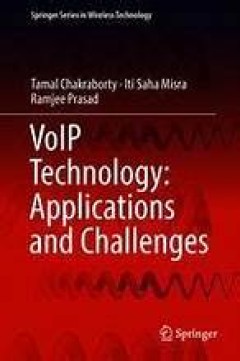
VoIP Technology: Applications and Challenges
This book offers an accessible introduction and practical guide to Voice over Internet Protocol (VoIP) technology, providing readers with the know-how to solve the problems encountered in applying VoIP technology across all types of network. It incorporates the latest research findings and brings readers up to date with the challenges that are faced by researchers developing novel applications …
- Edition
- 1
- ISBN/ISSN
- 978-3-319-95594-0
- Collation
- Komputer
- Series Title
- -
- Call Number
- 004
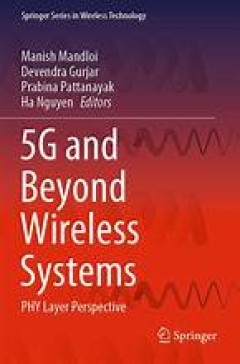
5G and Beyond Wireless Systems
This book presents the fundamental concepts, recent advancements, and opportunities for future research in various key enabling technologies in next-generation wireless communications. The book serves as a comprehensive source of information in all areas of wireless communications with a particular emphasis on physical (PHY) layer techniques related to 5G wireless systems and beyond. In particu…
- Edition
- 1
- ISBN/ISSN
- 978-981-15-6390-4
- Collation
- Computer
- Series Title
- -
- Call Number
- 004

Information Theory, Mathematical Optimization, and Their Crossroads in 6G Sys…
This book provides a broad understanding of the fundamental tools and methods from information theory and mathematical programming, as well as specific applications in 6G and beyond system designs. The contents focus on not only both theories but also their intersection in 6G. Motivations are from the multitude of new developments which will arise once 6G systems integrate new communication net…
- Edition
- 1
- ISBN/ISSN
- 978-981-19-2016-5
- Collation
- Engineering
- Series Title
- -
- Call Number
- 620
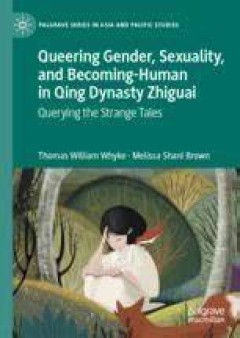
Queering Gender, Sexuality, and Becoming-Human in Qing Dynasty Zhiguai
This book offers queer readings of Chinese Qing Dynasty zhiguai, ‘strange tales’, a genre featuring supernatural characters and events. In a unique approach interweaving Chinese philosophies alongside critical theories, this book explores tales which speak to contemporary debates around identity and power. Depictions of porous boundaries between humans and animals, transformations between g…
- Edition
- 1
- ISBN/ISSN
- 978-981-99-4258-9
- Collation
- Gender
- Series Title
- -
- Call Number
- 305.3
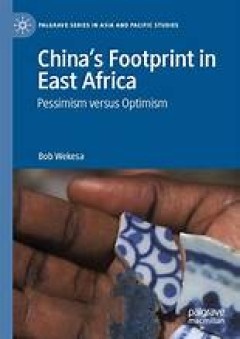
China’s Footprint in East Africa
Based on an extensive literature review, in-depth interviews, fieldwork, and anecdotal evidence, this text examines China’s engagement with East Africa (notably Rwanda, Burundi, Kenya, Tanzania, and Uganda) and considers these relationships through the lens of history, diplomacy, education, trade, media, cultural exchanges, and infrastructure. It probes the sentiments of pessimism, optimism, …
- Edition
- 1
- ISBN/ISSN
- 978-981-99-5265-6
- Collation
- politik
- Series Title
- -
- Call Number
- 324
 Computer Science, Information & General Works
Computer Science, Information & General Works  Philosophy & Psychology
Philosophy & Psychology  Religion
Religion  Social Sciences
Social Sciences  Language
Language  Pure Science
Pure Science  Applied Sciences
Applied Sciences  Art & Recreation
Art & Recreation  Literature
Literature  History & Geography
History & Geography